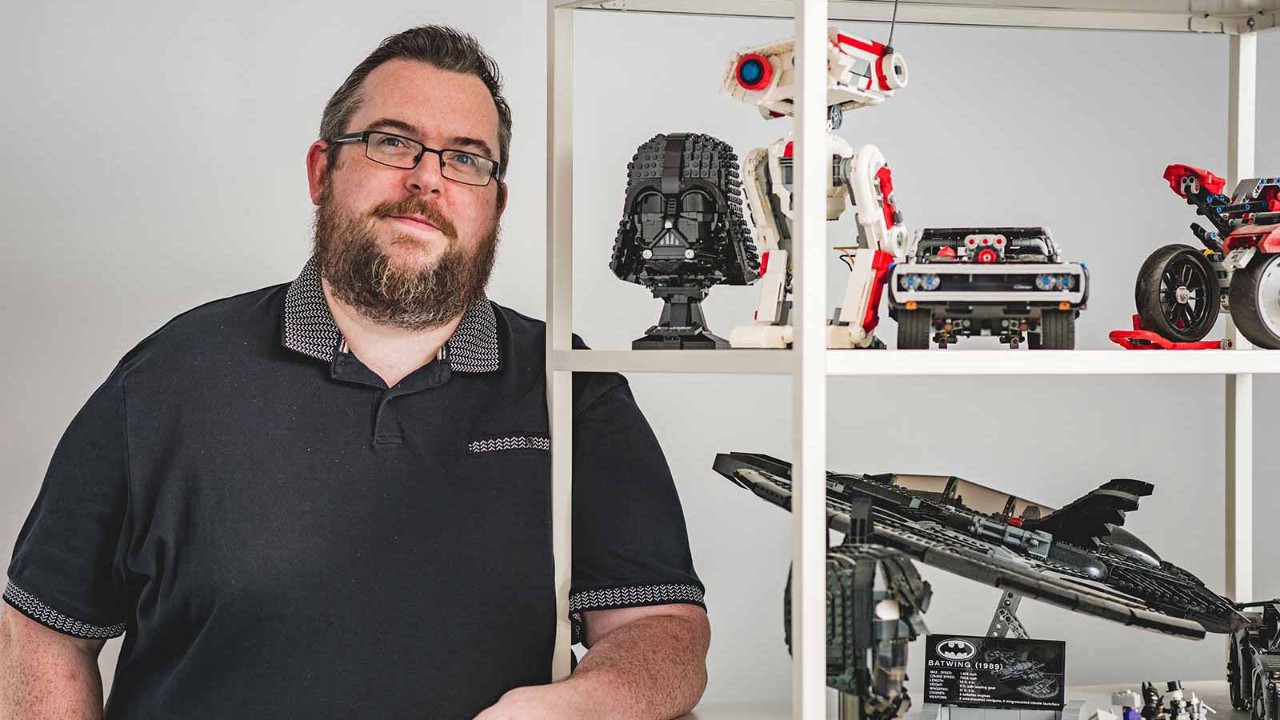
Clive Hand FCCA set up his digital-only practice in Ireland in 2020, making him one among a small but growing number of virtual accountants in the country – those who offer their services exclusively online.
‘I’m a tech-curious individual who would probably be working in IT if I hadn’t followed the accounting path,’ Clive says. ‘I see technology as an enabler to working in ways that are quicker, smarter and more productive. Bluestone is about combining accountancy with tech solutions and providing a suite of services business owners can avail of virtually.’
The pandemic-inspired trend in remote working helped open clients’ minds to virtual accounting services
For example, Clive sends a client their accounts or a report via email, and includes a link to a short video that talks them through the most important points to consider. That adds more value to the service, but at minimal effort or cost.
Undoubtedly, the pandemic-inspired move to remote working helped open the minds of many who might otherwise have been cautious about engaging a virtual accounting service. Nevertheless, building a client base when you can’t connect in person might seem challenging.
‘It’s as important when you’re a virtual business as any other that clients get to know you, like you and trust you. What I did at the start was simply try to be helpful. I joined online networks and forums. At the time, people were asking about different grant supports and I was able to provide accurate advice. Ultimately, people would connect and say “I think you could help us with something”.’
‘If you are going down the virtual route, it can’t be a hybrid model. It must be your primary purpose’
Among more recent and more novel ways of showing that virtual doesn’t mean impersonal is Clive’s ‘30-day challenge’. Over the month of June this year, he created and posted short videos daily on Facebook and LinkedIn.
‘The point was to show up live, unscripted, and say: “This is who I am, what I’m interested in, and what you’ll get when you work with me”. A lot of the time, people present themselves online through their credentials, but this doesn’t give you a sense of who they are as a person.’
All types of client
As someone comfortable in the digital environment, it’s not surprising that Clive’s clients now include a manufacturer of cryptocurrency equipment, e-commerce companies and YouTube influencers. However, more traditional businesses are equally prevalent, particularly from the building sector. ‘Construction firms might not seem an obvious market for a virtual accountant, but they deal with a lot of paperwork and are very responsive when I can show them how to reduce and eliminate it,’ he says.
For any accountant interested in following the virtual route, Clive’s advice is that planning is important but commitment is essential. Rather like his love of modelling characters and machines created for sci-fi films, Clive is putting together a whole new world. ‘To me, it’s got to be all or nothing. If you are going down the virtual route, it can’t be a hybrid model. It must be the primary purpose of your practice.’
‘I will often work long days but that decision is mine’
Next, he says, it’s important do your research and ‘figure out what works best for you in terms of software’. While a strong advocate of QuickBooks, Clive is agnostic on the question of which accounting software package is best. ‘It’s something I’m often asked, and the answer is the best software is the one that’s most aligned to your way of work and the services you provide,’ he says.
Win-win model
Now almost three years since unexpected events led to a career shift, Clive also has an open mind on whether to remain a sole practitioner or grow the business into a team. What he is certain about, however, is that ‘it will remain a virtual business. There will be no central office and no timesheets. It will be, as it is now, about delivery and outcomes and helping business owners to have a business that works for them.’
Equally, the work-life balance he sought when starting out remains at the heart of his approach. ‘I will often work long days but that decision is mine,’ he says. ‘If it’s a beautiful day and the kids are off school, I can close the computer and head to the beach. Having that freedom of choice is really important to me.’
More information
Find guidance on developing professional skills, including creative thinking and innovation




